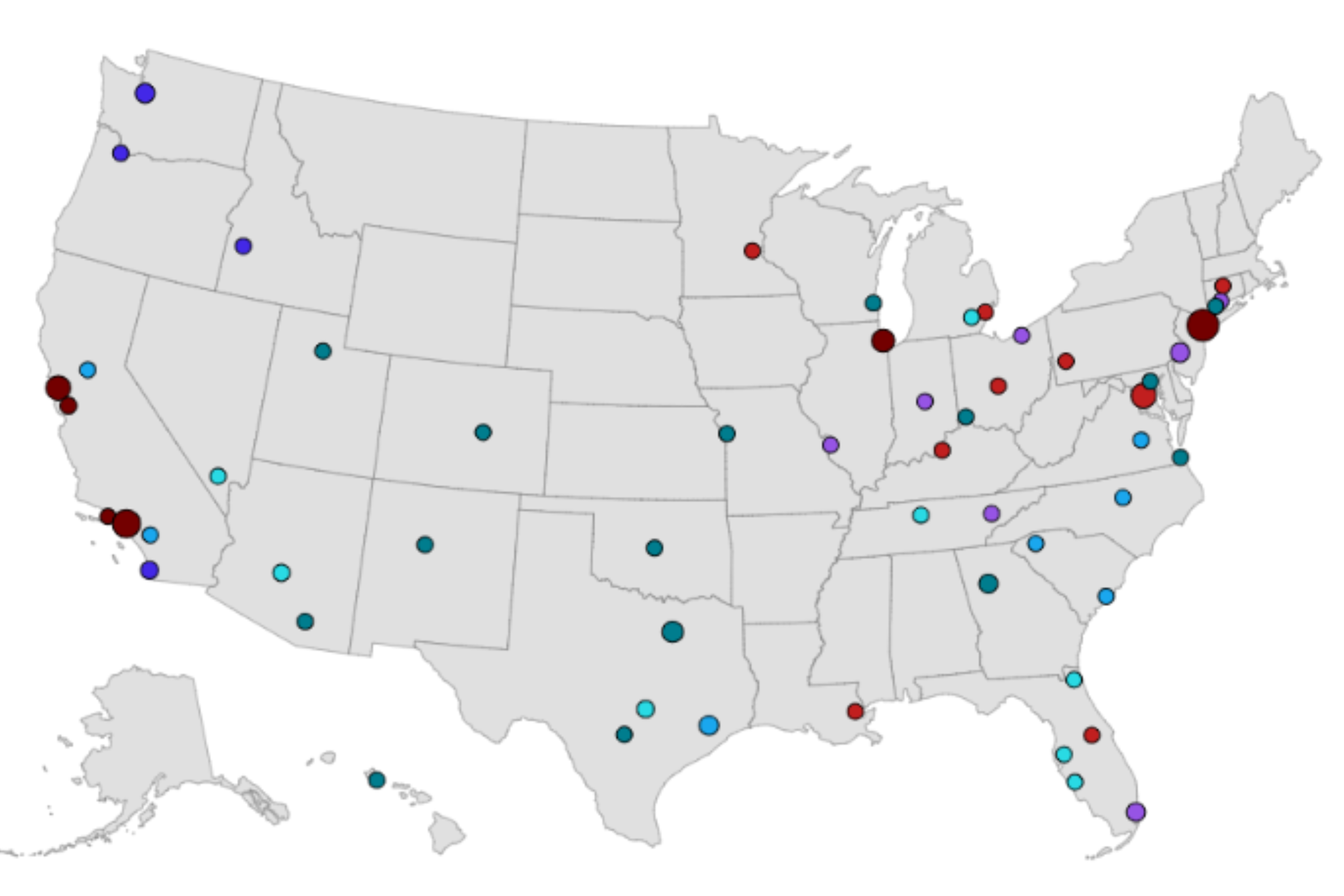
This article first appeared on RobertReich.org.
According to an investigation by The New York Times, half of all the money contributed so far to Democratic and Republican presidential candidates—$176 million—has come from just 158 families, along with the companies they own or control.
Who are these people? They're almost entirely white, rich, older and male—even though America is becoming increasingly black and brown, young and female, and has declining household incomes.
According to the report, most of these big contributors live in exclusive neighborhoods where they have private security guards instead of public police officers, private health facilities rather than public parks and pools.
Most send their kids and grandkids to elite private schools rather than public schools. They fly in private jets and get driven in private limousines rather than rely on public transportation.
They don't have to worry about whether Social Security or Medicare will be there for them in their retirement because they've put away huge fortunes. They don't have to worry about climate change because they don't live in flimsy homes that might collapse in a hurricane, or where water is scarce, or where food supplies are endangered.
It's doubtful that most of these 158 are contributing to these campaigns out of the goodness of their hearts or a sense of public responsibility. They're largely making investments, just the way they make other investments.
And the success of these investments depends on whether their candidates get elected and lower their taxes even further, expand tax loopholes, shred health and safety and environmental regulations so their companies can make even more money, and cut Social Security and Medicare and programs for the poor—and thereby allow these 158 and others like them to secede even more from the rest of our society.
These people are, after all, living in their own separate society, and they want to elect people who will represent them, not the rest of us.
How much more evidence do we need that our system is in crisis? How long before we make it work for all of us instead of a handful at the top?
We must not let them buy our democracy. We must get big money out of politics. Publicly finance political campaigns, disclose all sources of campaign funds and reverse Citizens United.
Robert Reich, the Chancellor's Professor of Public Policy at the University of California at Berkeley, was secretary of labor in the Clinton administration. Time magazine named him one of the 10 most effective Cabinet secretaries of the 20th century. He has written 13 books, including the best-sellers Aftershock and The Work of Nations. His latest, Beyond Outrage, is now out in paperback. He is also a founding editor of The American Prospect magazine and chairman of Common Cause. His new film, Inequality for All, is now available via Netflix, iTunes, DVD and on demand.
Uncommon Knowledge
Newsweek is committed to challenging conventional wisdom and finding connections in the search for common ground.
Newsweek is committed to challenging conventional wisdom and finding connections in the search for common ground.
About the writer
To read how Newsweek uses AI as a newsroom tool, Click here.








